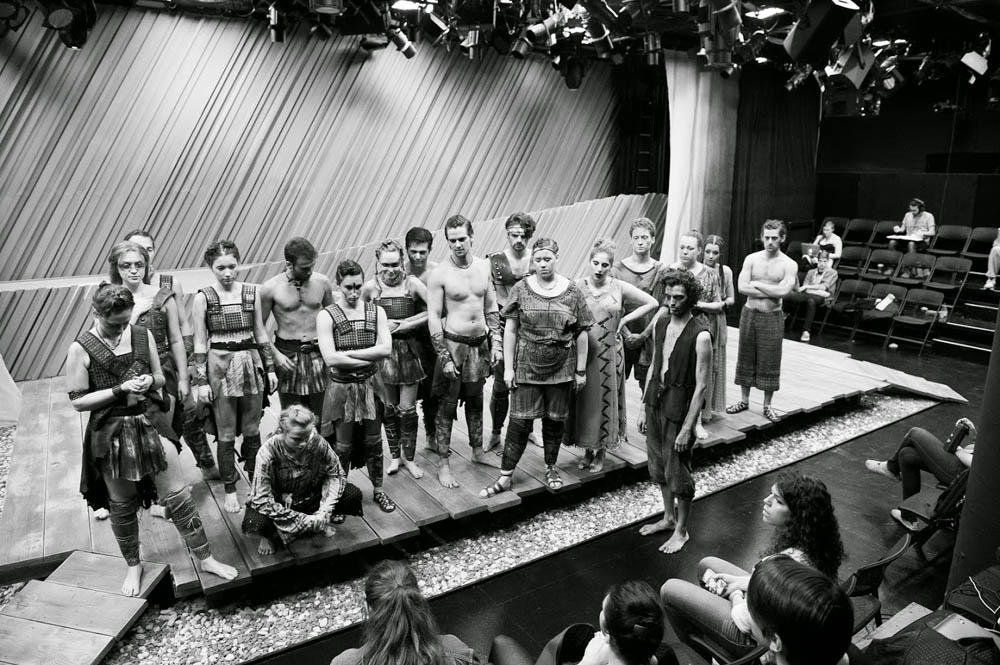ACTING EVALUATION
MONOLOGUE
One contemporary monologue, presented in English
- We define “contemporary” as anything written from around 1900 to now.
- Your monologue must be under 90 seconds in length.
- Your monologue must be from a published play (no musicals; no film/TV scripts; no original material).
- Each monologue should be written as such, not a dialogue pieced and edited together to make a monologue.
- Please choose material that is within your age range (roles you would be cast in now).
- The gender of the character need not be a determining factor when choosing a monologue.
- Props and costumes are not permitted.
- We want to hear your natural voice. Please do not add an accent to your monologue.
We encourage you to explore the great depth and breadth of material in the field of theater to find engaging and challenging material.
CONVERSATION
You will have an opportunity to converse with your evaluator immediately after presenting your monologue. This is a chance for us to get to know you a little bit. We've watched your work as an artist and now we want to learn about you as a person.
